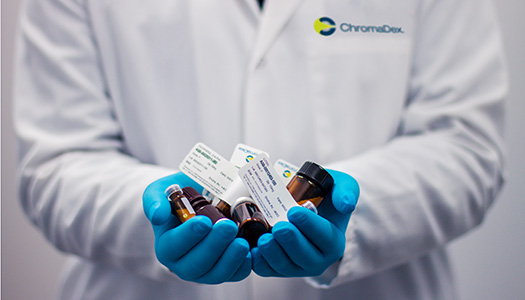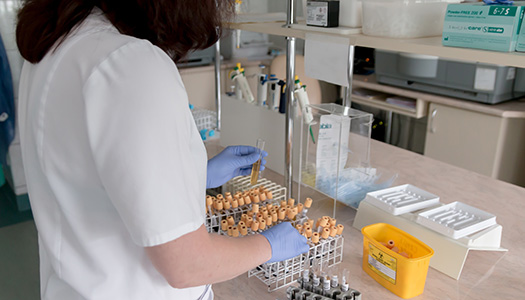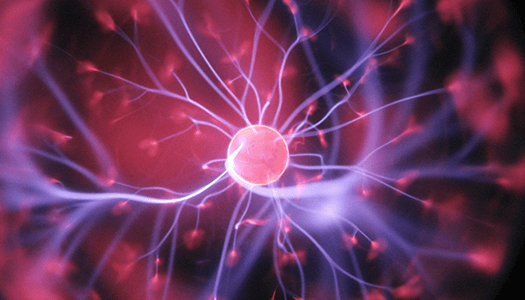What is Downs Syndrome?
Down syndrome is also known as Trisomy 21-is a chromosomal disorder caused by an error in cell division that results in an extra 21st chromosome. It affects about 1 in every 800 babies. hough Down syndrome can’t be prevented, it can be detected before a child is born. The health problems that can go along with DS can be treated, and there are many resources within communities to help kids and their families who are living with the condition.
Causes:
Down syndrome is caused by a problem with a baby’s chromosomes. Normally, a person has 46 chromosomes. But most people with Down syndrome have 47 chromosomes. In rare cases, other chromosome problems cause Down syndrome. Having extra or abnormal chromosomes changes the way the brain and body develop
Symptoms:
Most children with Down syndrome have:
- Distinctive facial features, such as a flat face, small ears, slanting eyes, and a small mouth.
- A short neck and short arms and legs.
- Weak muscles and loose joints. Muscle tone usually improves by late childhood.
- Below-average intelligence.
Many children with Down syndrome are also born with heart, intestine, ear, or breathing problems. These health conditions often lead to other problems, such as airway (respiratory) infections or hearing loss. But most of these problems can be treated.






